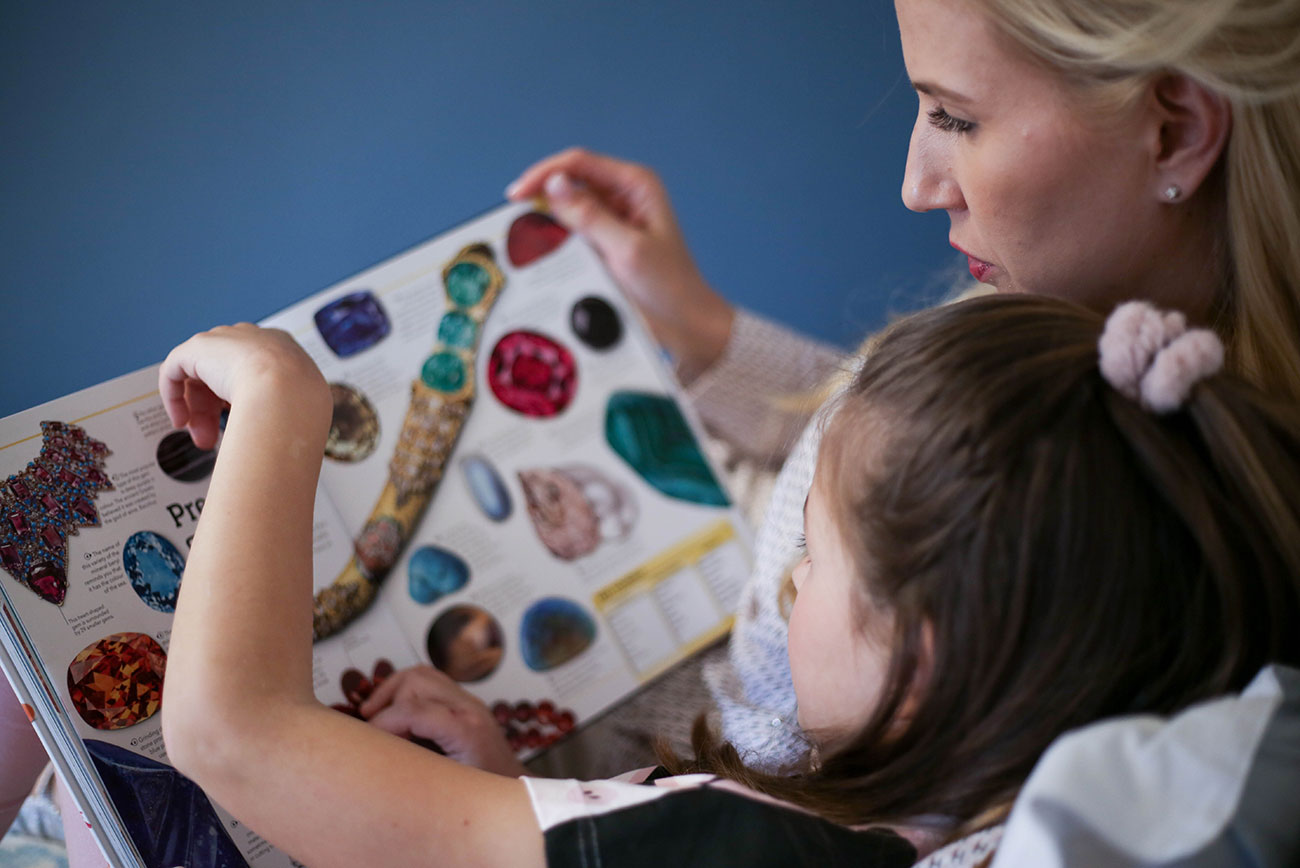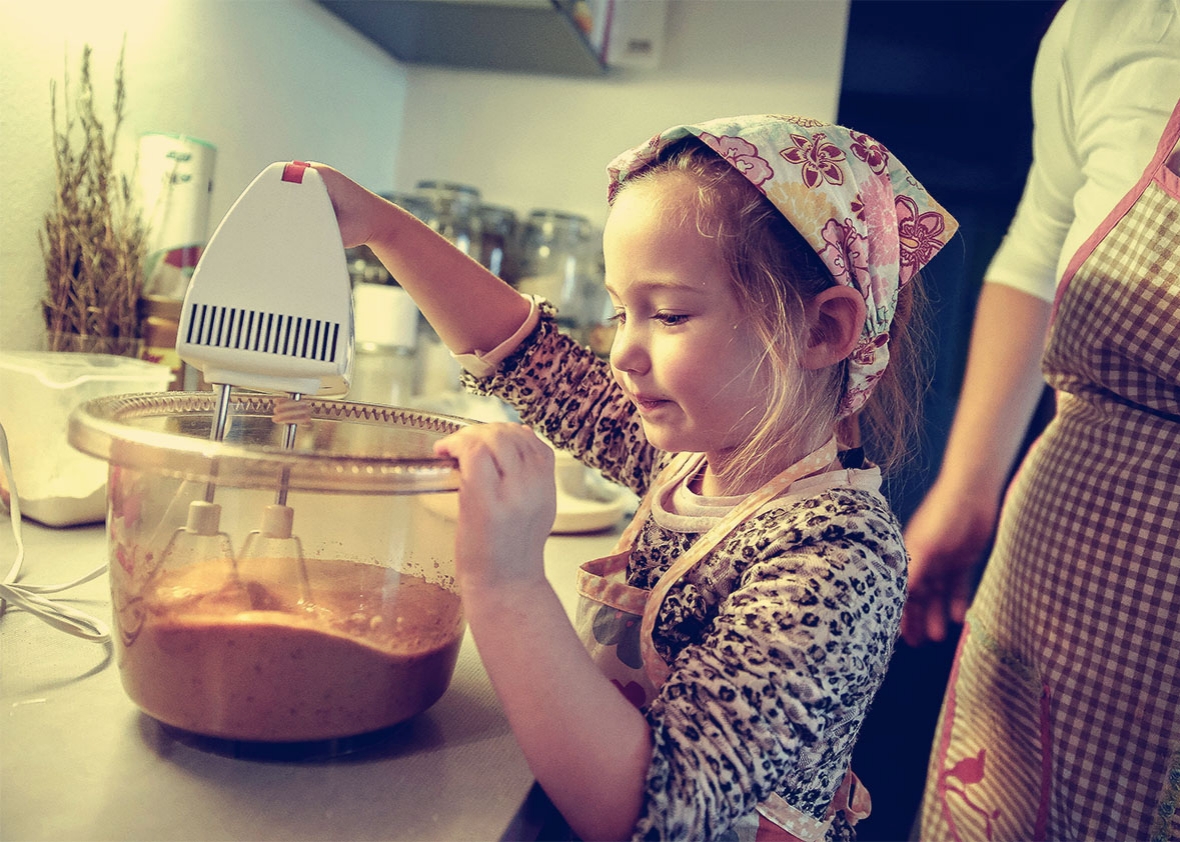I would like to speak about 2 different types of upbringing based on 2 bestsellers book, sold in millions of copies. The first is “Battle Hymn of the Tiger Mother” by Amy Chua.
Chua is known for its authoritarian, despotic, demanding educational style. In substance, his philosophy is based on the principle that the parent knows more than the child and his re-ability does not dare to guide him, but to force him to the kind of behavior that leads to success. Some examples: Chua forbade daughters to play with other children, because in his opinion it was useless and distracted them from more important things. He decided what activities they should carry out, regardless of their preferences and interests. They always had to get top marks and be the best “in every subject except physical education and theater”. It doesn’t sound much fun, does it?
One day Chua tried to teach her daughter Lulu to play the piano, but she wanted to beat the punches on the keys. It seems very obvious to me: she was only 3 years old! Chua got angry, and opened the front door and said to the little girl that she could choose: obey or go out. Despite the freezing winter day, Lulu evaluated the options and decided that staying outside was less unpleasant.
I must say that I admire the indomitable spirit of the child, and also Chua’s deep devotion to her daughters. She would not have gone so far if she had not loved them so strong.
The question, however, is: how much autonomy did her daughters have? In other words, how independent were they?
The daughters of Chua have indeed had extraordinary success. One of them even performed as a soloist at Carnegie Hall: it’s a great honor, but how happy did it make her? Or maybe what mattered was her mother’s happiness? The fact that Lulu rebelled, and that during a dinner in Russia she got so furious to the point of declaring that she hated her life and broke a glass hurling on the ground, shows that she felt trapped in not her existence.
I know that Chua’s opinions are shared by many parents, who are used to an authoritarian environment and recreate it for their children, looking for it in their school education. From the other side is so called “mamma Panda” – Esther Wojcicki – is an American journalist, educator, vice chair of the Creative Commons advisory council. She is the founder of the Palo Alto High School Media Arts Program in Palo Alto, CA. knows what it takes to raise successful children. Her most recent book is: “How to Raise Successful People: Simple Lessons for Radical Results.”
Two of her daughters are powerful players in Silicon Valley: Susan Wojcicki is CEO of Google’s YouTube and Anne Wojcicki is co-founder and CEO of DNA testing company 23andMe. Her daughter, Janet Wojcicki, is a professor of pediatrics at the University of California at San Francisco.

So, what’s her secret?
Learning to fail is just one part of Wojcicki’s strategy. She boils her formula down to what she calls TRICK, which stands for trust, respect, independence, collaboration, and kindness.
Trust can be something as simple as letting your 8-year-old go shopping alone for school supplies, which Wojcicki did with her grandchildren.
It’s the same type thing she did with her kids. Her daughter, Anne at 23andMe, credited her parents for giving her a childhood that has allowed her to flourish. “We were just very supported, but we were encouraged to, you know, be creative and to be independent.”
“My parents looked at us always as like mini adults,” Anne Wojcicki told CNBC Make It last year. “The one thing that my parents did is they gave us a taste of freedom. And they encouraged it. They encouraged us to find our passions, they weren’t controlling.”
The greatest desire of every mom and dad and probably the happiness of children, am how do you make it happen.
I want to tell you about my recent experience with my son, David (10 yo), stays home with us, for 7 weeks already in quarantine because of Coronavirus. He gets his online learning every morning from 9 to 12. Then the teacher gives him links, resources, and things to practice and some homework. Day after day of isolation, we noticed that his will to pursue with his homework and school stuff, in general, was decreasing.
What did I do? I didn’t want him to stand behind with school, and as a responsible mother, I started to supervise him. Every afternoon I would go to his room and check if his homework was done. Normally, there were not. He knew I was available to help him, but many times our “teamwork” finished in a fight, mostly because he had another idea of doing his things.
I took the style of being a mother “helicopter”, who wants to control everything. With the result, of making my son frustrated and under pressure. With his work, David wanted to be quick, concrete, and have things done, meanwhile, I was suggesting and expecting from him to put more effort and time into his work. Of course, I forgot about something important: that this is an abnormal situation we’re living in (coronavirus pandemic). I forgot even that my boy, being separated from his friends and social contacts in general, he might be suffering. His attention span was shorter and his willingness to do his homework was zero. After weeks of fights and discussion that finished in tears many times (mine and his as well), I finally decided to step back and give him what was his. His responsibilities are his, not mine, I finally realized.
Now, he would be responsible for his homework, and during the week of school, I will not ask any information about the school and homework. We would only sit together on Friday afternoon to see if the teacher in her last summative email would write to him to do his assessments or they would be done. And you know what? We got the email, saying: “Congratulations! “According to David’s teacher records, he was caught up on ALL of his work. The teacher said, all his assessments we 100% done. I would not feel prouder of him. He showed great work in showing his responsibility this week. I learned my lesson.

Giving spaces of autonomy and some responsibilities very soon makes children more independent (the same idea Dr. Maria Montessori has had more than 100 years ago!).
Being close to our children in difficulties, but without intervening, increases their safety. Respecting the opinions expressed by our them increases their self-esteem and gives the value of comparison. Inviting them to collaborate prevents them from focusing on their performance and promotes the indispensable cooperation to achieve the best results.
Our children already have the inner drive to become powerful, happy, and successful on their own. All we need to do is calm our anxiety and get out of their way.
Books:
- “Battle Hymn of the Tiger Mother” – Amy Chua
- “How to Raise Successful People: Simple Lessons for Radical Results” – Esther Wojcicki


